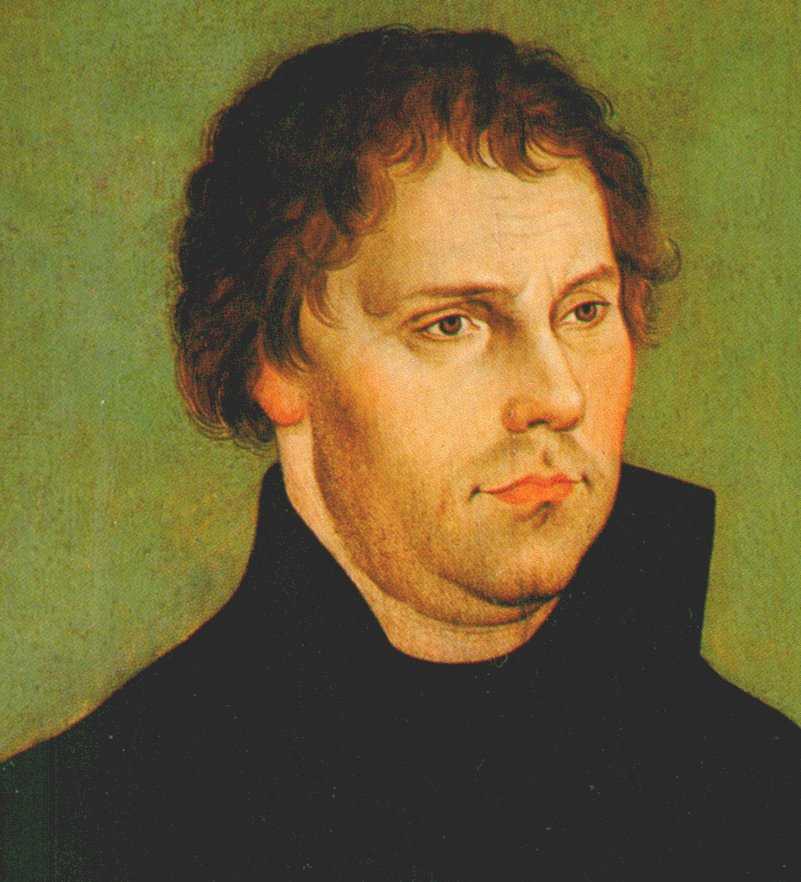On this date in 1517 Martin Luther posted his Ninety-Five Theses on his church door in Wittenberg, beginning the Protestant Reformation in Europe.
Frye in his student essay, “Gains and Losses in the Reformation”:
[Protestantism’s] record, particularly that of the Calvinist branches, is not snow white in this respect, but any rational comparison between Protestant rule in England under Elizabeth or even Edward and Catholic rule under Mary, or between the treatment of Catholic minorities in Scotland and Protestant minorities in Spain, should establish the point. There is probably no more inherent cruelty in one tradition than the other, nor more sadism in Latins than in Nordics, but Protestant emphasis on the direct responsibility of the soul to God made heresy far less an outrage on society, and its punishment, consequently, less a venting of popular fury on its victims. The Catholic tradition of apostolic infallibility once denied, the enormity of the crime took on far less cosmic proportions. Another reason for the somewhat cleaner Protestant record is without doubt the influence of its intellectual and sensitive progenitors among the mystics and the humanists. Protestantism contains, at its finest, the refusal of a fine mind to be bullied by inferior interpreters of tradition. Erasmus is a great Protestant in this sense; so is Zwingli; and so is Luther when we admire him most. (CW 3, 266)

